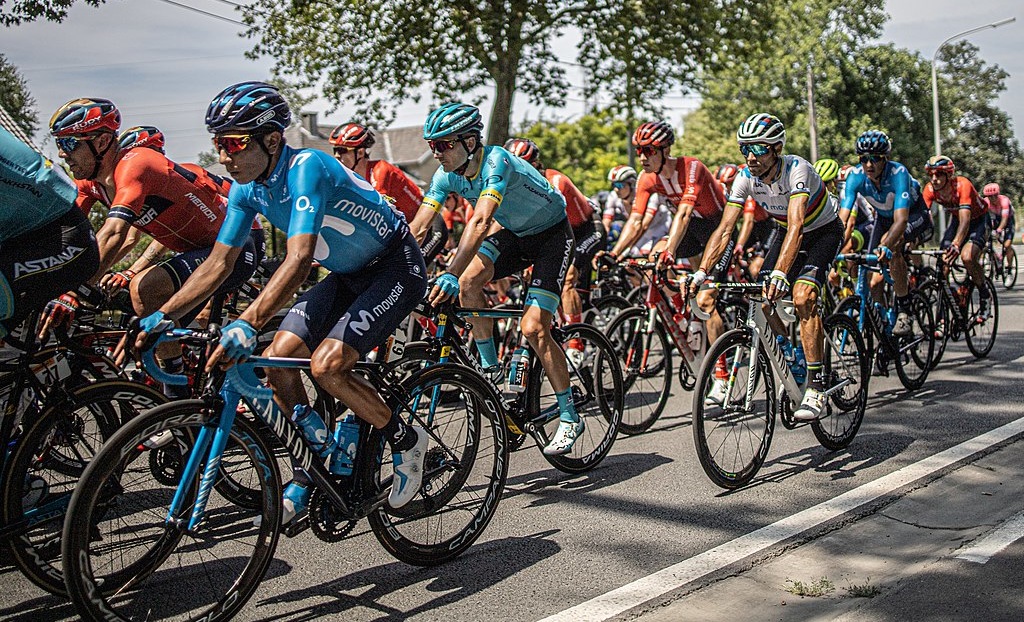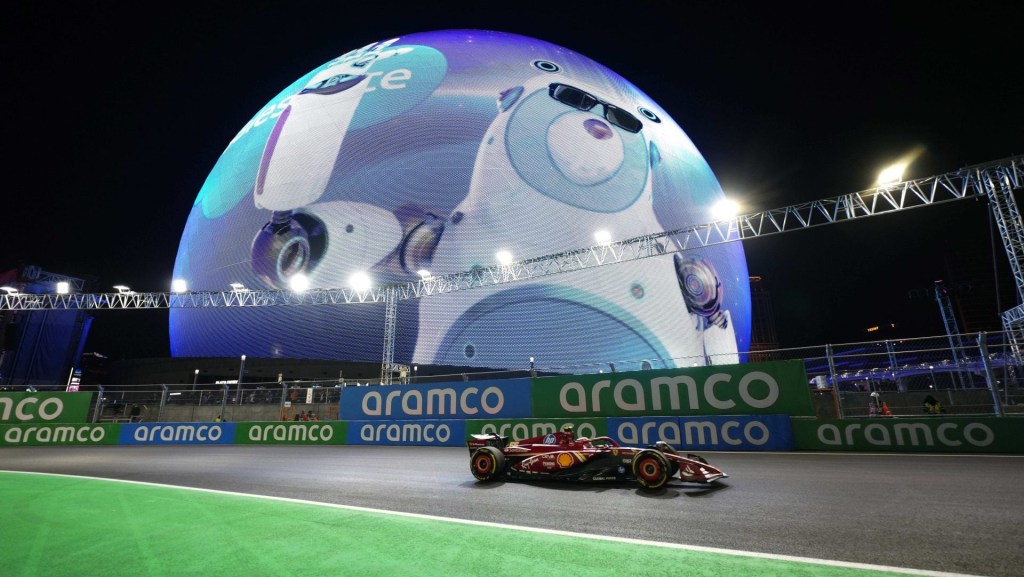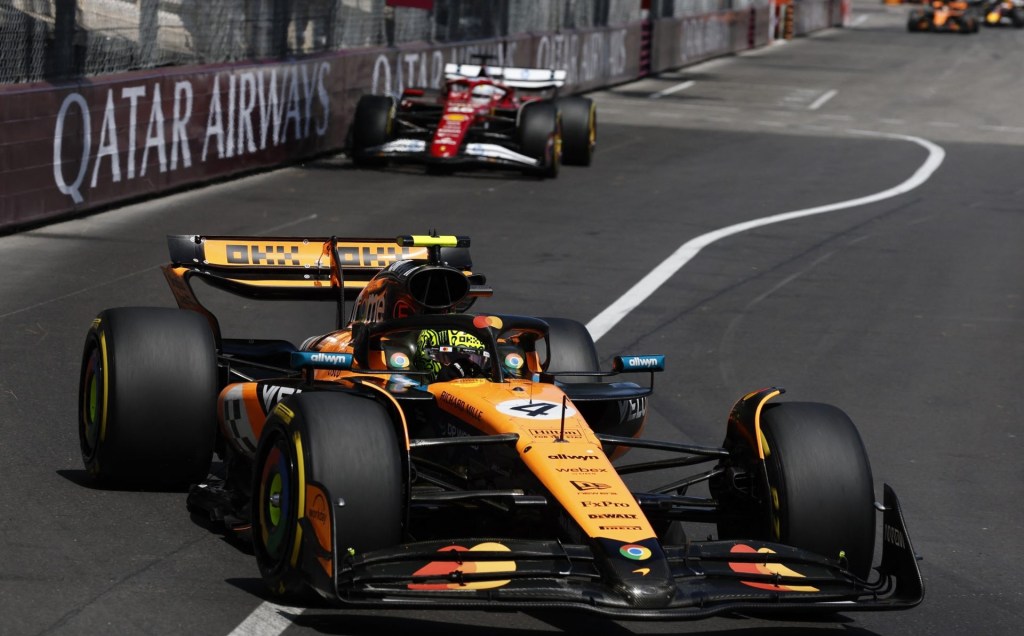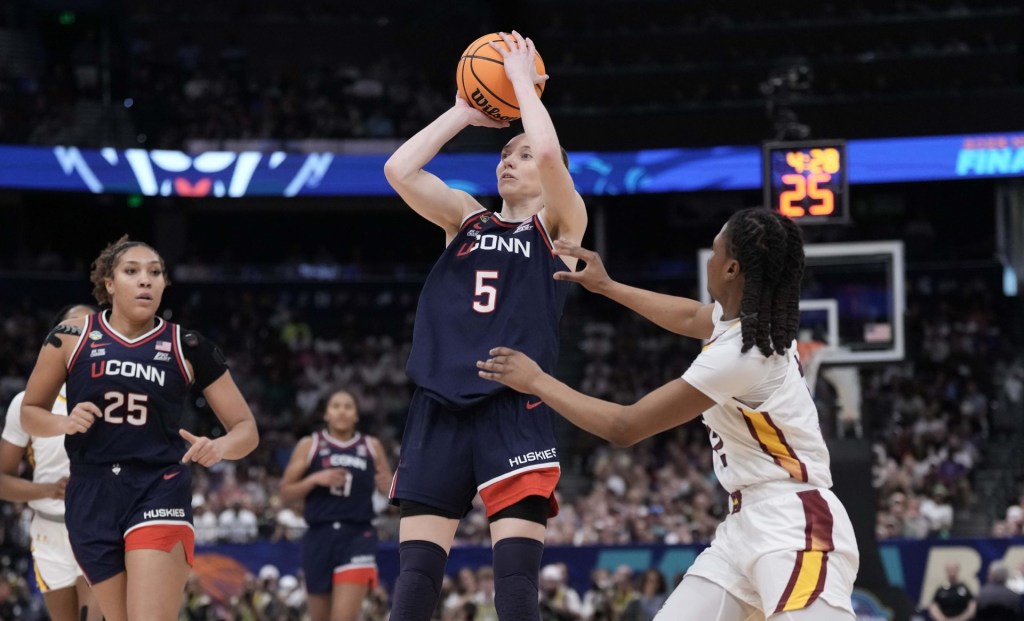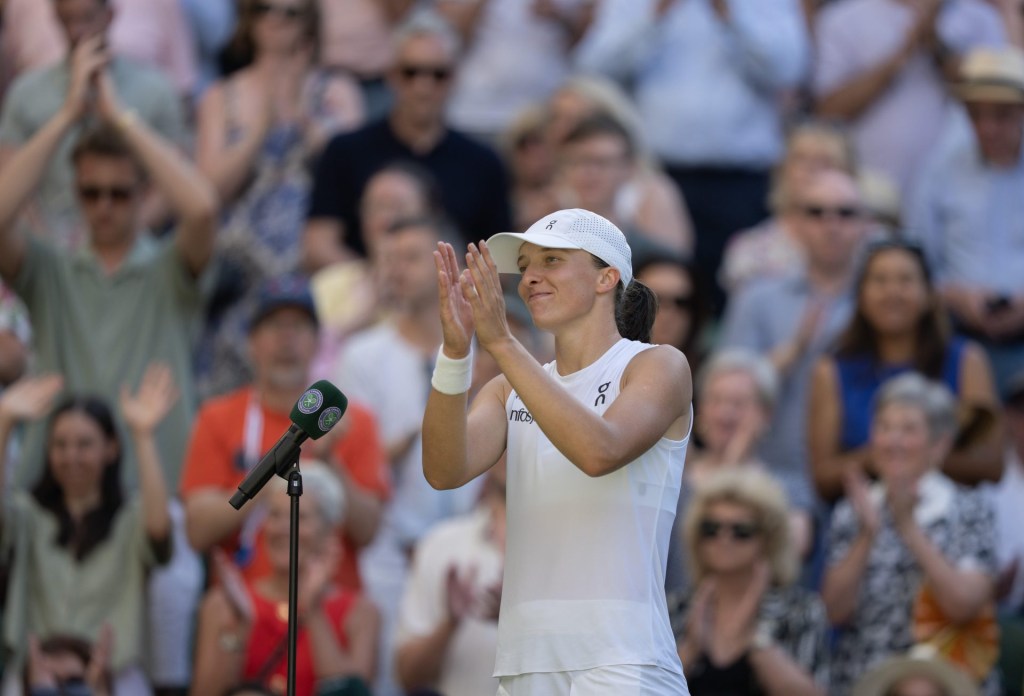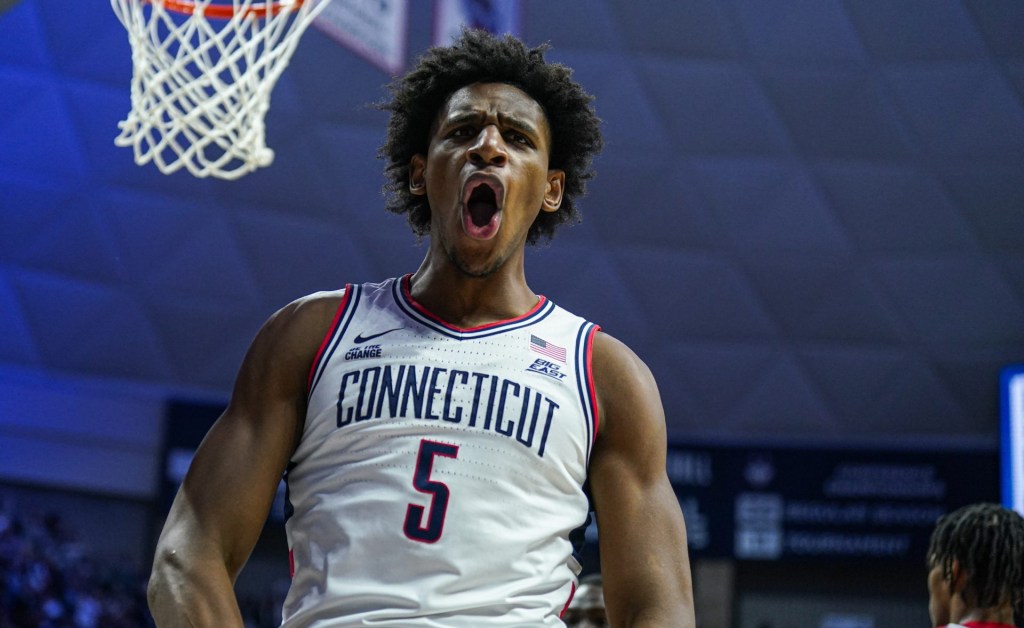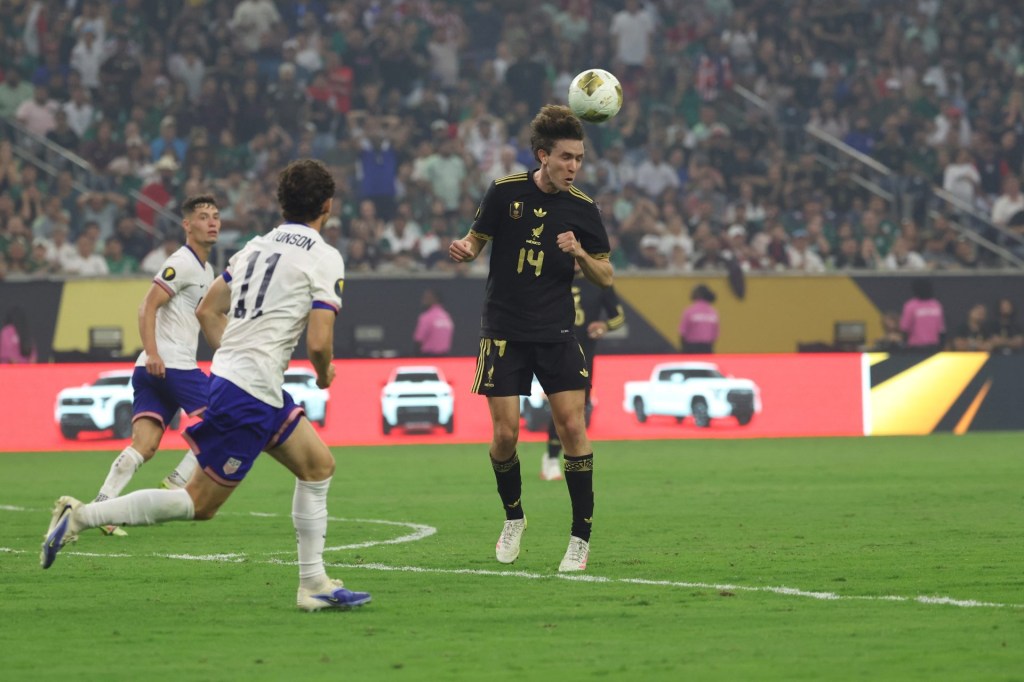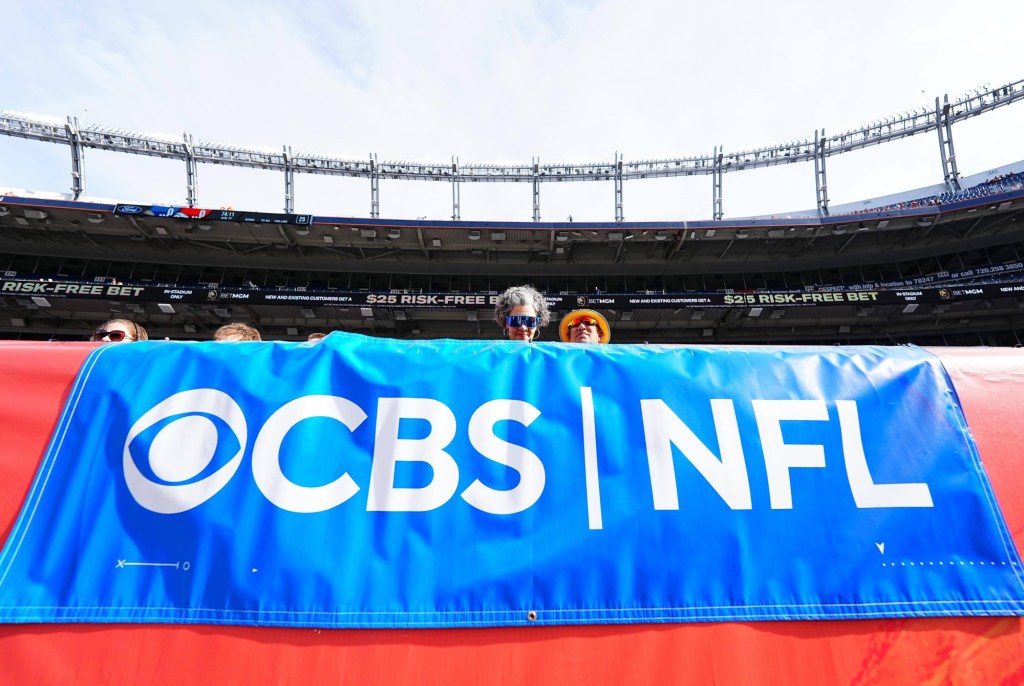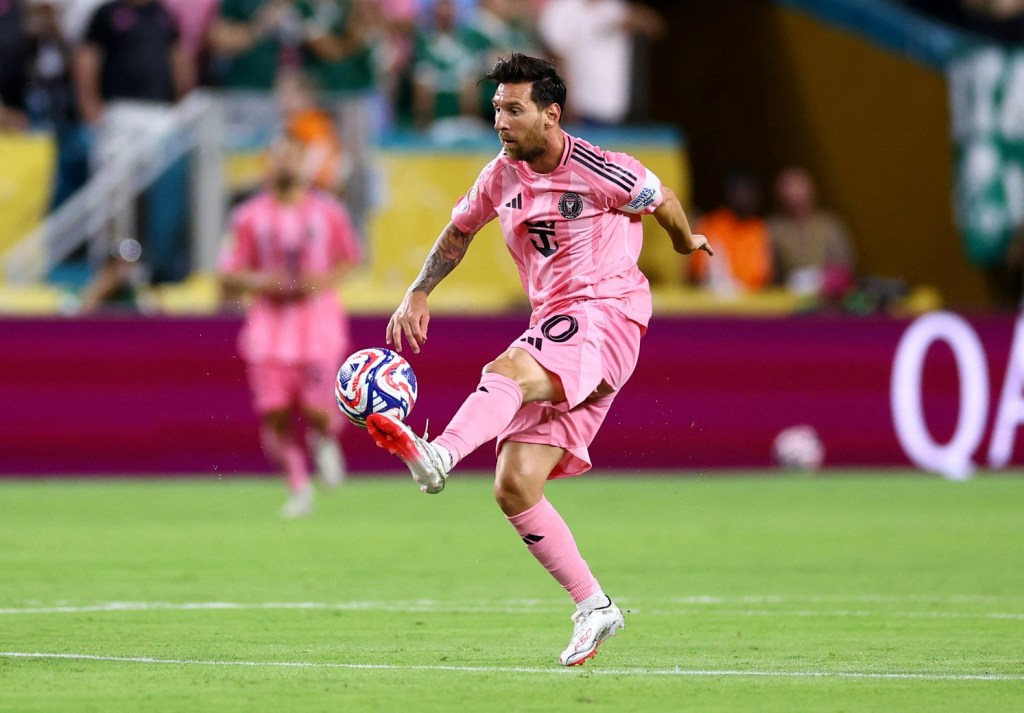When the Tour de France begins Aug. 29, nearly two months later than usual due to the COVID-19 pandemic, it will be with 55 fewer NBC Sports employees on-site to broadcast the event.
In a normal year, 65 crew members handle the 23-day race in-person, but instead, just 10 will be on the ground. The rest will work out of NBC’s Stamford, Conn. headquarters, with their days starting at 2 a.m. ET to match the Tour’s schedule, NBC Sports Coordinating Producer Joel Felicio said.
The Tour itself will see some relatively minor changes due to the pandemic, as compared to what the effect has been on professional sports in the United States.
Its course will not cross into any neighboring countries and the extra vehicles that usually surround the peloton will be reduced by 40% to help with social distancing. Fans lining the roads will be limited to 5,000 per day to adhere to France’s current restrictions — typically, about 10 million fans attend throughout the event.
Riders’ media availability will also be different than in years past, which featured crowded scrums around competitors and team busses.
NBC is seizing the opportunity to innovate its coverage and provide a more immersive viewing experience for those at home. It’s something the network had been wanting to do even before the pandemic.
Among the updates to coverage will be cameras — no larger than a GoPro — streaming live footage from some riders’ bikes. Previously, cameras have been placed on bikes to record the action, but haven’t been aired live before.
“Just to have a little perspective on what it’s like to be in the peloton. … Being able to go to those live shots is going to bring the viewer that much closer,” Felicio said. Other shots give viewers perspective on how fast a rider is flying down a mountain, for example.
The Amaury Sport Organisation, the race organizer, handles the logistics of assigning which riders have cameras.
In addition to the live bike feeds, British former pro rider Adam Blythe will be reporting on the race from the back of a motorcycle, as well as conducting post-race interviews. NBC’s usual on-site reporters Steve Porino and Steve Schlanger won’t be able to attend the race as Europe’s borders remain closed to travelers from the U.S.
Blythe will have a camera on the front of the motorcycle and be able to adjust it to frame shots as he wishes. He’ll be able to perform various other antics to demonstrate the conditions on the course, Felicio said.
Play-by-play announcer Phil Ligget, known as “the voice of cycling,” will call the race — his 45th — from Sky Sports’ London Office, while analyst Bob Roll will virtually join him from Stamford.
The commentator setup got a test-run with Roll at home in Colorado and analyst Christian Vande Velde in South Carolina during the Critérium du Dauphiné, which ran Aug. 12-16 and streamed on NBC Sports Gold. The commentators essentially video-called with each other so they could still see facial expressions and have a rapport like if they were in close physical proximity.
The action will air across NBC, NBCSN, CNBC, on NBC Sports Gold’s “Cycling Pass” and Peacock Premium, bringing yet another sports offering to the newly-launched streaming service.
NBC Sports currently anticipates returning to France at full capacity when the world health situation allows, Felicio said. But if all goes according to plan this year, viewers won’t be able to tell that much is different.
“I’m hoping that when people tune-in, they don’t know that we’re doing it from Connecticut and not on-site,” Felicio, about to work his 20th Tour, added. “We’re doing a good job if people don’t tune-in and think about where the control room is. That’s a home run for me.”
Live coverage of the 2019 Tour on NBC Sports averaged 307,000 viewers through Stage 15 — up 11% from 2018 and the highest mark since 2015.
Coverage of the 2020 Tour could also prove to be a key opportunity for the sport of cycling at large, which has seen increased interest in the U.S. amid the pandemic. Three American riders are on the start list.
NBC Sports does not have streaming numbers for the Critérium du Dauphiné, which did not air on linear television.
Cycling sales — which include traditional bikes, indoor bikes, parts, helmets, and other accessories — were up 63% in June compared to 2019, totaling $697 million per NPD Group. USA Cycling says that its memberships are down 15% year-over-year at this time as it had to slash its events by 72% in July alone, but since March, 75% of memberships have come from people who had never previously registered.
